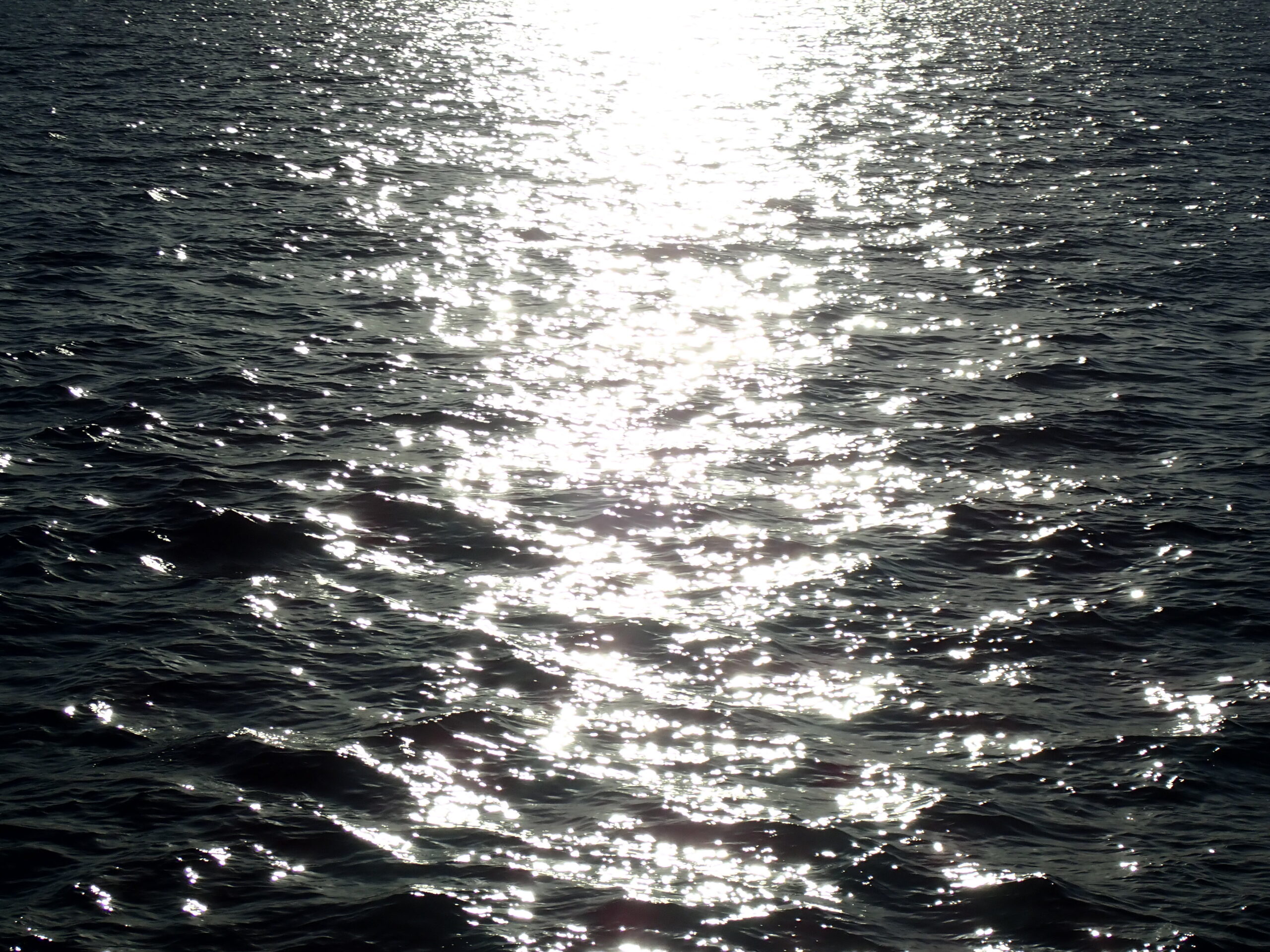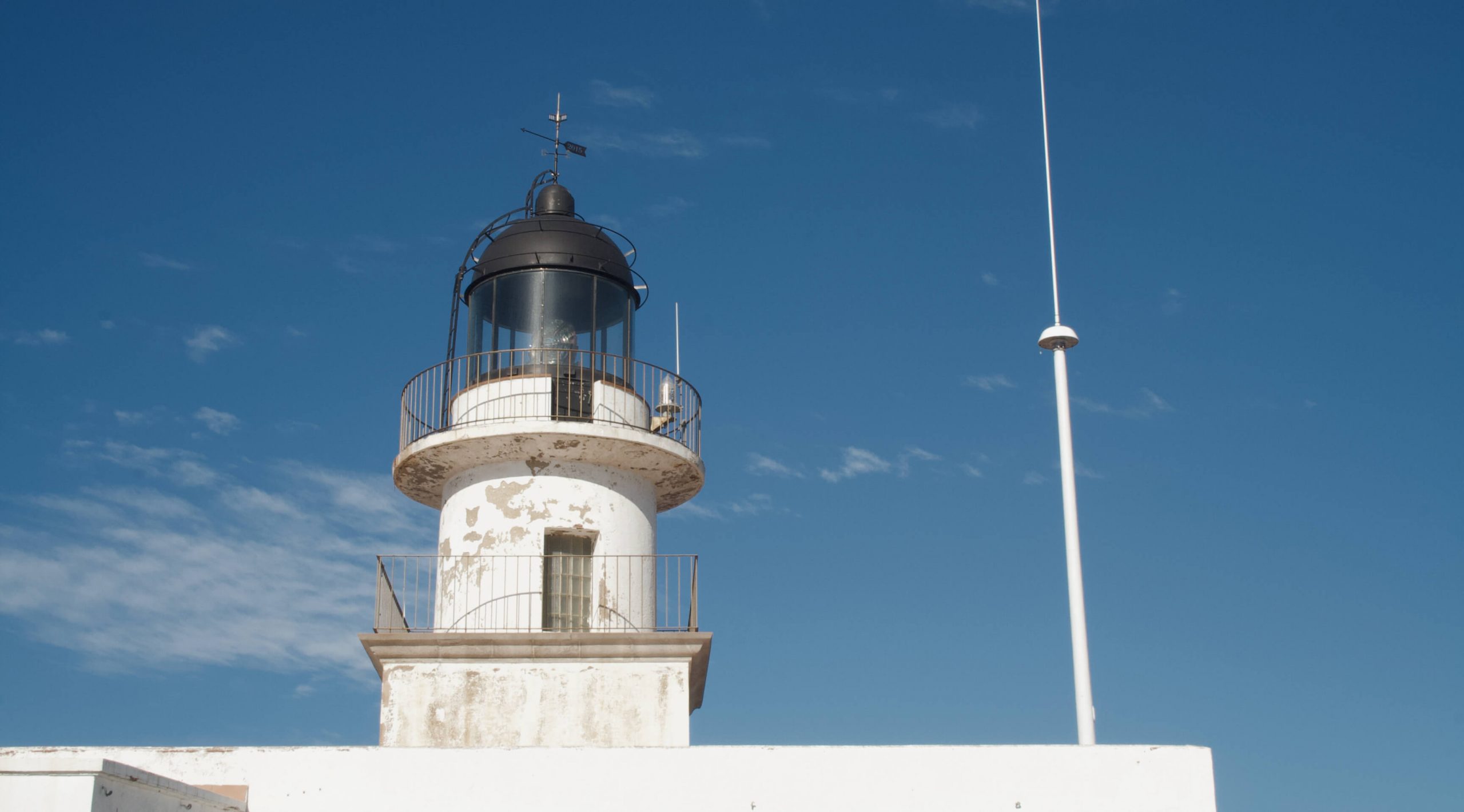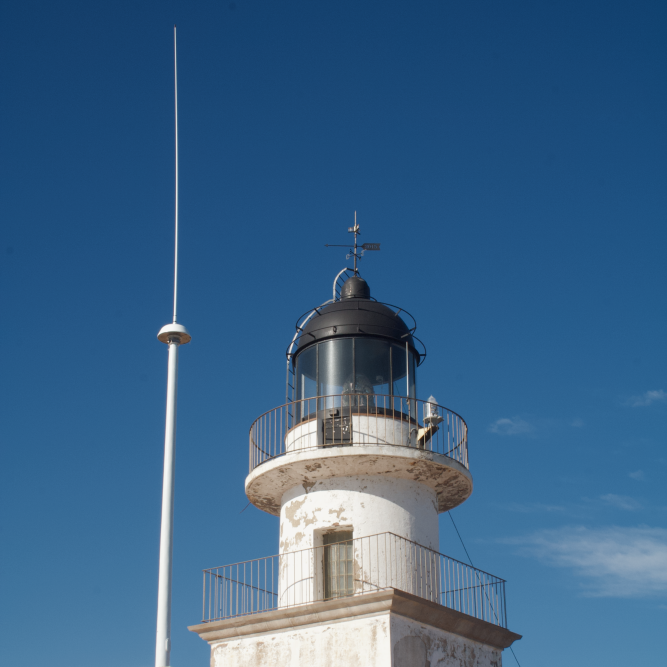Since 2023, the ICATMAR Operational Oceanography Service has been providing reliable and up-to-date information on the state of the sea in Catalonia.
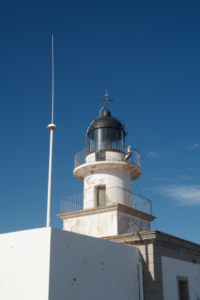
In 2023 the ICATMAR Operational Oceanography Service was launched. The service has the main objective of measuring, analyzing, and predicting the physical characteristics of the sea, including ocean currents, water temperature and salinity, wave action, and sea level in the northwestern Mediterranean. From these measurements, oceanographic products are created to meet the needs of various marine sectors such as fisheries management, maritime rescue operations, environmental management, and climate change monitoring, among others.
To carry out its functions, the Operational Oceanography Service is deploying a network of seven high-frequency radars along the Catalan coast, which will be completed with the activation of the last two radars by the end of 2024. This radar network, owned by the Generalitat of Catalonia, provides real-time information on the direction and intensity of surface ocean currents within the coastal strip extending up to 40 nautical miles (approximately 74 km) from the Catalan coast. This information is complemented by the regular deployment of drifting buoys, fixed buoys, and other types of oceanographic instruments, which, once fully operational, will provide measurements of bottom and surface currents, surface temperature and salinity, wave action, and various atmospheric variables.
The data collected through ICATMAR’s observation network is combined with data from other agencies such as the Meteorological Service of Catalonia, EUMETSAT, and Copernicus, and integrated into oceanographic models developed by the Operational Oceanography Service. Soon, these models will offer high-resolution space-time forecasts on the state of the sea in Catalonia. This service will be a powerful tool made available by ICATMAR to the public, free of charge and easily accessible, so the maritime community of Catalonia can benefit from it for various applications. In fact, it is already possible to explore marine current data by accessing the oceanographical observations data viewer on our website.
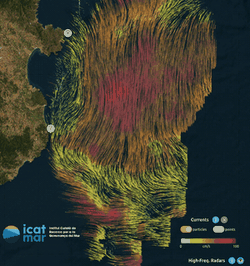
Finally, it is worth noting that our social networks (X and LinkedIn) regularly publish updated information on average surface temperature and marine heatwaves in the northwestern Mediterranean, as well as daily forecasts of water temperature along the Catalan coast. In addition, the ICATMAR website provides quick and easy access to these and other services offered by the Operational Oceanography Service:
